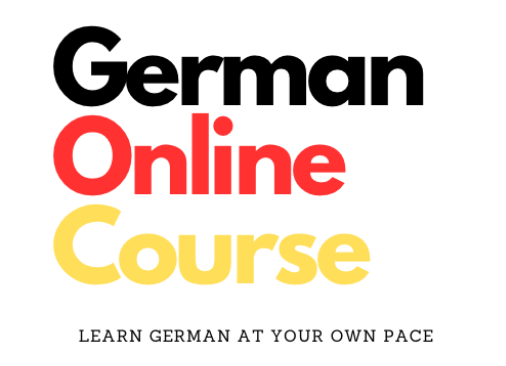Zum Inhalt springen
1. Articles:
- Explanation: Articles are words like „der,“ „die,“ and „das“ that come before nouns and help us know if it’s about something specific or unspecific.
- Formation:
- Definite Article: der (masculine), die (feminine), das (neuter).
- Indefinite Article: ein (masculine), eine (feminine), ein (neuter).
- Application: Use depends on the gender and definiteness of the noun.
- Examples:
- Das ist ein Hund. (This is a dog.)
- Ich sehe die Blume. (I see the flower.)
- Sie hat ein Auto. (She has a car.)
- Wir haben das Buch. (We have the book.)
- Er hat eine Lampe. (He has a lamp.)
2. Nouns and Plural Formation:
- Explanation: Nouns are names for things, people, or places. Plural is used when there’s more than one.
- Formation: Plural is formed by adding -e, -n, -en, depending on the word ending.
- Application: Use the plural for multiple objects or people.
- Examples:
- Das ist ein Hund. Das sind zwei Hunde. (This is a dog. These are two dogs.)
- Sie hat eine Blume. Sie hat viele Blumen. (She has a flower. She has many flowers.)
- Das ist ein Auto. Das sind vier Autos. (This is a car. These are four cars.)
- Ich lese ein Buch. Wir lesen viele Bücher. (I am reading a book. We are reading many books.)
- Das ist ein Apfel. Das sind zwei Äpfel. (This is an apple. These are two apples.)
3. Personal Pronouns:
- Explanation: Personal pronouns replace nouns and refer to people or things.
- Formation: Ich, du, er/sie/es, wir, ihr, sie.
- Application: Use depends on the person and number of people or things.
- Examples:
- Ich habe einen Hund. (I have a dog.)
- Das ist dein Buch. (That is your book.)
- Er ist mein Freund. (He is my friend.)
- Wir gehen ins Kino. (We are going to the cinema.)
- Das ist ihr Haus. (That is her house.)
4. Verbs:
- Explanation: Verbs are action or state words. In the present, they describe what is happening now.
- Formation: Verb stem + endings depending on the person (ich, du, er/sie/es, wir, ihr, sie).
- Application: Use to describe actions or states.
- Examples:
- Ich lese ein Buch. (I am reading a book.)
- Du spielst Fußball. (You are playing soccer.)
- Er isst ein Eis. (He is eating an ice cream.)
- Wir lernen Deutsch. (We are learning German.)
- Sie arbeiten im Büro. (They are working in the office.)
5. Prepositions:
- Explanation: Prepositions show the relationship between words, often in terms of place or direction.
- Formation: Fixed words like in, auf, unter, neben.
- Application: Use depends on the position of objects or people.
- Examples:
- Das Buch ist auf dem Tisch. (The book is on the table.)
- Der Hund ist unter dem Bett. (The dog is under the bed.)
- Die Blumen sind neben der Tür. (The flowers are next to the door.)
- Ich gehe in die Schule. (I am going to the school.)
- Die Lampe ist über dem Tisch. (The lamp is above the table.)
Das könnte dir auch gefallen
